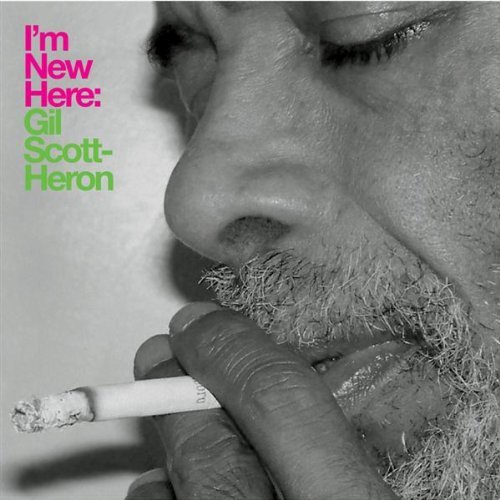As someone who can genuinely say that they were one of the forerunners of hip-hop as we know it today (I’ll leave it to you as to whether that’s a good thing or not), Gil Scott-Heron certainly has a certain aura behind him and the most important part of his craft – his words. They say much, much more than what can be taken from just digesting them as they hit you; they’re not your run-of-the-mill pop or rap lyrics. Spoken word genius, black Bob Dylan, “one of the most influential and important singer/songwriters to have come out of America in the second half of the last century” – it’s all been said about the man who is most certainly the real deal. His life experiences with broken homes, poverty, death and the civil rights movement are all touched on in this sleeper hit that somehow came out from nowhere, his first album in 15 years – when in reality, it deserves to be thrown to the highest reaches of blog and music critic heaven.
Well, that’d happen in a perfect world. But unfortunately this album, XL’s I’m New Here, is a good idea failed by bad execution. Merging his spoken word poetry and soulful crooning with hip-hop and dubstep beats seems great on paper, but the results float around the album looking for some sort of cohesion and clarity that is never found. Brevity can improve hip-hop to an unimaginable degree, but these songs are too short – more like sketches that need to be worked on rather than the final finished versions. They sound great, but come in, wander around for a bit in your head and leave the party way too early.
Comparisons are going to be made to Johnny Cash’s American Recordings series, a daring and beautiful reinvention of an older artist; new territory plus new sound equals new fans. But there’s nothing of that calibre here.There are high points, however, such as the funky, clap-driven and even, dare I say it, somewhat industrial “New York Is Killing Me,” but it’s a diamond in, well, not a rough, but a large patch of beige. The ridiculously out-of-place title track, a guitar and folk-driven Smog cover in an album full of percussion and beats, isn’t bad – it just isn’t needed.
With a 28 minute running time, recycled beats, four covers and seven interludes, this album, which could have been the perfect start to the decade and a welcoming reminder of this man’s talent, seems forced and painfully rushed.

